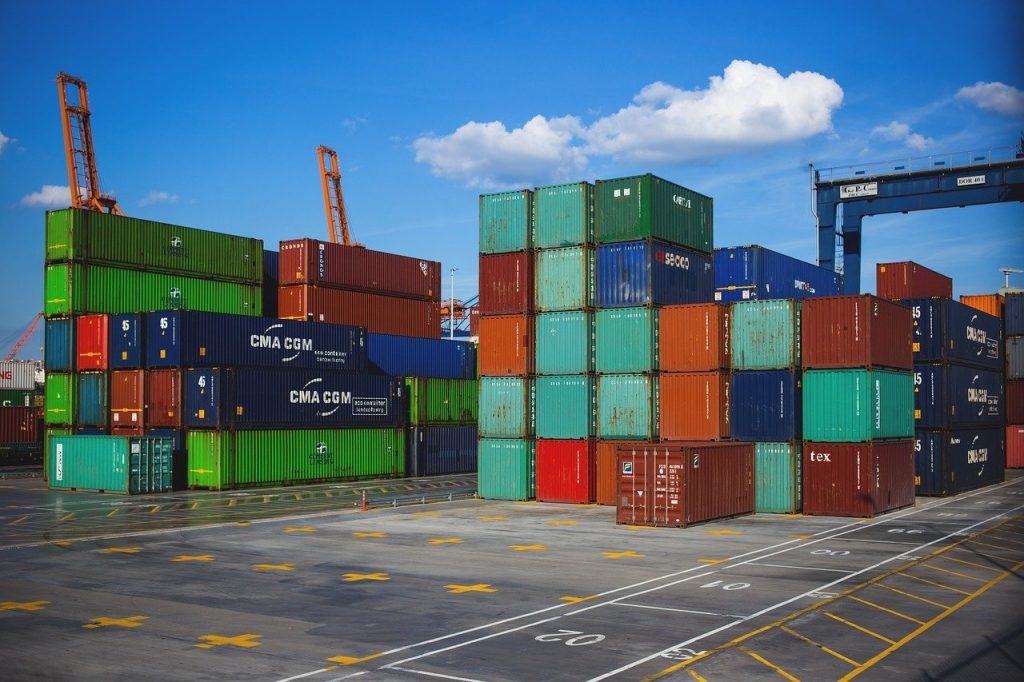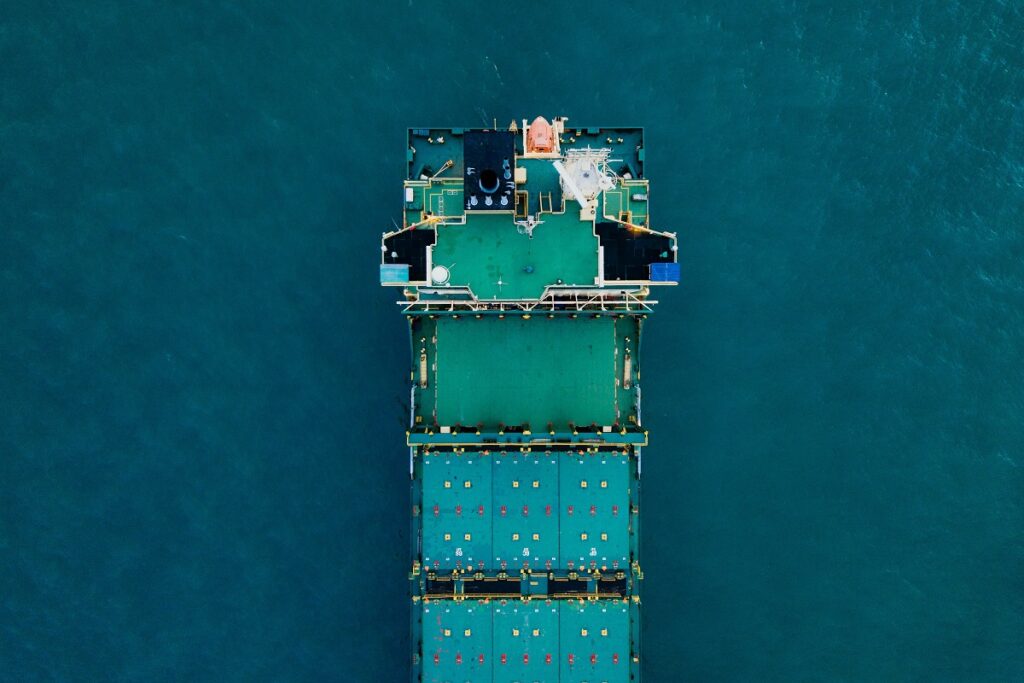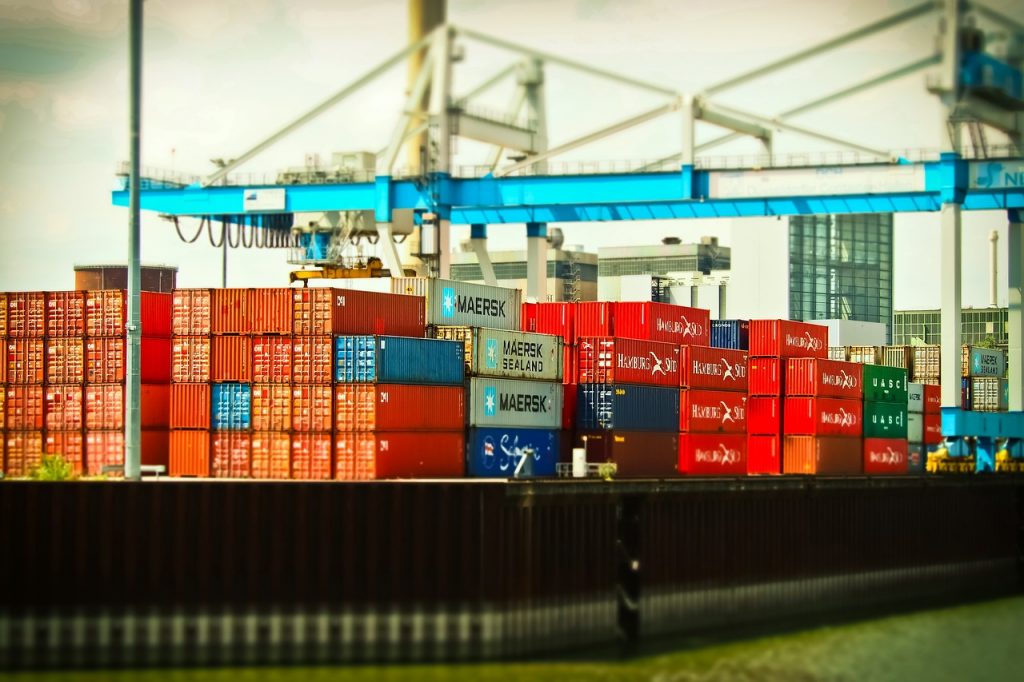Windward, the Israeli company providing predictive intelligence and data insights for the maritime ecosystem announced the launch of a solution on Monday designed to aid Windward customers in minimizing risk exposure in maritime trade related to ongoing sanctions against Russia.
In response to the recent Russian invasion of Ukraine, heavy economic sanctions have been imposed on Russian financial institutions such as Sverbank, Russia’s largest maritime and freight shipping company, Sovcomflot, and more. The US and UK have also announced new bans on imports of Russian oil, gas, and energy. The sanctions affect Russian vessels, companies, individuals, and also those entities connected to Russian vessels, companies, and individuals through ownership links and cargo.
The new Russia sanctions solution enables users to understand the full scope of Russia-related trade – including cargo destinations and sources – and allows them to “conduct business with confidence” in accordance with the new and rapidly evolving restrictions, a statement from Windward said.

The new solution will be integrated into Windward’s Maritime AI platform. Companies and vessels flagged by the Windward database as connected to Russia will be flagged in the platform as Moderate Risk (Amber.)
“We’re going to flag for our users and customers every vessel and company and every cargo that we know that could be related to Russia – so they can decide what they want to do about it,” Ami Daniel, Windward CEO and co-founder tells NoCamels in an interview, “Over the last two weeks, since this [Russian-Ukraine] crisis started, our team has been working very hard to support our customers, we’re navigating the new ESG [environmental, social, governance] and legal landscape. I don’t think there is a right answer — every organization needs to find its answer.”
“Absolutely some of our customers which operate ships have been told, I do not want to charter a vessel or hire a vessel or work with a vessel that has a Russian master [captain] on it. So I think it brings up a slew of very interesting questions.”
As the conflict evolves, every organization will be building its own risk approach and policy. Since the start of the invasion, organizations are increasingly making decisions not only for legal reasons but for ESG considerations as well, which have significant implications on a company’s reputation and customer and employee retention. Windward’s Maritime AI platform allows every company to configure, monitor, and adjust their practices based on their business preferences and the evolving trade restrictions, the company has said.
Daniel emphasizes that the company is not offering recommendations on whether or not they should work with Russian-connected entities but rather providing information so that customers can make their own informed decisions.
“There are many approaches in the market. Some would say, I can do business with Russia unless it’s a central entity. Others at the other extreme might say, I’m not going to do business with a Russian with a vessel. If it has one Russian person on it, I’m not here to judge at all whatsoever. But we’re here to support our customers and users in navigating this.
“It’s super broad. The US just said they will ban Russian cargoes as well as Russian oil,” Daniel explains, “So you could have a Danish vessel with Russian oil. You get these complexities that are very nuanced, right?”

“There are thousands of businesses combing through books and trying to make very hard decisions. They might get sued over these decisions. If you pull out of Russia, you might pull out of specific contracts. You might get sued for that,” he adds.
As the conflict continues, Daniel says Windward is committed to continuously updating the platform.
Founded in 2010, Windward analyzes marine data to help customers understand the maritime risk that comes with ship movement, cargo, and other nautical issues at sea. Its predictive technology captures, cleans, and fuses data from multiple sources, including clients’ own proprietary data, and applies artificial intelligence to analyze how vessels behave.
Sign up for our free weekly newsletter
SubscribeWindward’s Predictive Intelligence solution is powered by MAIA, Maritime Artificial Intelligence Analytics, an AI and machine learning engine that is based on eight years of data, 10 billion data points, and over 300 AI-driven behavioral analysis models.
Solving the global supply chain crisis
“Everything in the world right now — your computer, your phone, your desk, your chair, your clothes, your food, everything — is part of the global supply chain,” says Daniel, who notes that 90 percent of global trade is transported by sea because it’s the cheapest way on a per unit basis and the most efficient from a carbon perspective.
The uncertainty caused by the COVID-19 pandemic coupled with skyrocketing demand due to increased e-commerce and online shopping has added pressure on ports, carriers, and transport providers, while the pandemic has slowed down operations on the supply side.
“In the last two and a half years, we’ve seen the supply chain bump into almost unprecedented challenges in the form of very low reliability. From 80 or so percent of scheduled reliability three years ago…80 percent of vessels would have arrived on time,” Daniel explains, “Right now, the reliability is around 30 percent.”

Another big thing that happened, he admits, is that freight rates are up about 15 to 20 times. “If it would cost you $1000 to move a container from China to the US, the same container right now could cost you $15,000. Nothing has changed in the service you buy. The only thing that changed is the price and reliability. So you’re paying more than ever and you’re getting it the latest you’ve ever received it.”
He also adds that bigger ships are being built, which means they need bigger infrastructure and that there is a shortage of truck drivers “so even if you get things to port, you don’t have enough truck drivers to get out of them.” Last but not least, there’s the issue of “container imbalance,” where a massive imbalance in shipping container traffic is exacerbating bottlenecks in the supply chain, according to The maritime news site The Maritime Executive.
“So now every few months you have a vessel stuck in the Suez Canal, war between Ukraine and Russia, a port shutting down because of COVID, seafarers stuck and can’t get vaccinated. Now you have 14 percent of global cruise and seafarers are Ukrainian and Russian, which is more than the number one nation which is the Philippines,” says Daniel, “So there’s a big issue of that.”
Windward went public on the London Stock Exchange in December, making it one of the biggest maritime IPOs on the exchange, according to UK financial news site Kalkine Media. The news site also reported that it was the first Israeli company to go for a London listing in the last five years.
“We raised $44 million or so in the public offering and that money is going towards building more technology specifically for ocean freight visibility — a product released in February specifically built to ease the pressures around the global supply chain,” Daniel tells NoCamels.
The new solution connects freight forwarders with a system that provides real-time accurate ETA predictions, disruption risk predictions, potential reasons for delay, and clearer supply chain visibility based on “billions of data points and data sets” from a wide variety of sources, according to Windward. These sources include the carrier, weather, location, vessel traffic, port, and terminal data.
The system’s predictive insights grant major freight clients the ability to respond accordingly to changing circumstances, whether it means shifts in weather, labor shortages, or port congestion in order to more consistently maintain container ETAs. Freighters are alerted to any relevant insights in real-time, and the system also provides daily notifications via email and API integration with existing transportation management systems or a web application, something the company calls a “handy solution” in ocean freight and the disproportionately low rate of on-time arrival throughout the global pandemic.
“Freight forwarders are the key to making the supply chain more efficient, but without the proper tools they are constantly reacting to evolving situations as opposed to initiating protective and proactive steps,” said Daniel. “Windward is proud to bring our years of expertise in deep learning, Maritime AI, and big data to give freight forwarders real-time visibility and provide actionable insights for their shipments helping them manage ocean freight in real-time.”
Related posts

Editors’ & Readers’ Choice: 10 Favorite NoCamels Articles

Forward Facing: What Does The Future Hold For Israeli High-Tech?

Impact Innovation: Israeli Startups That Could Shape Our Future




Facebook comments